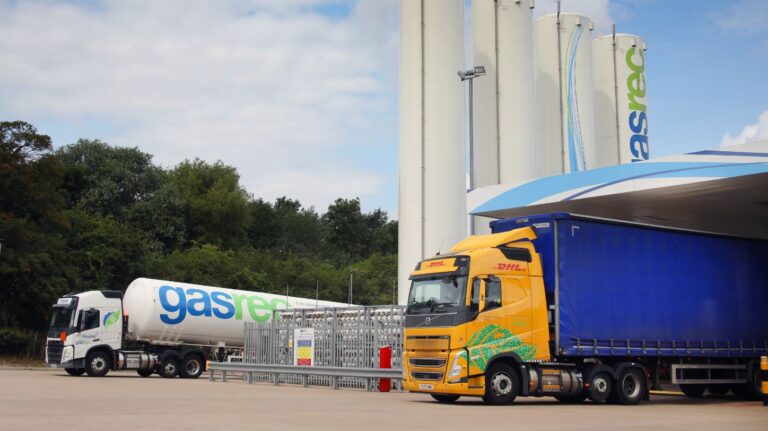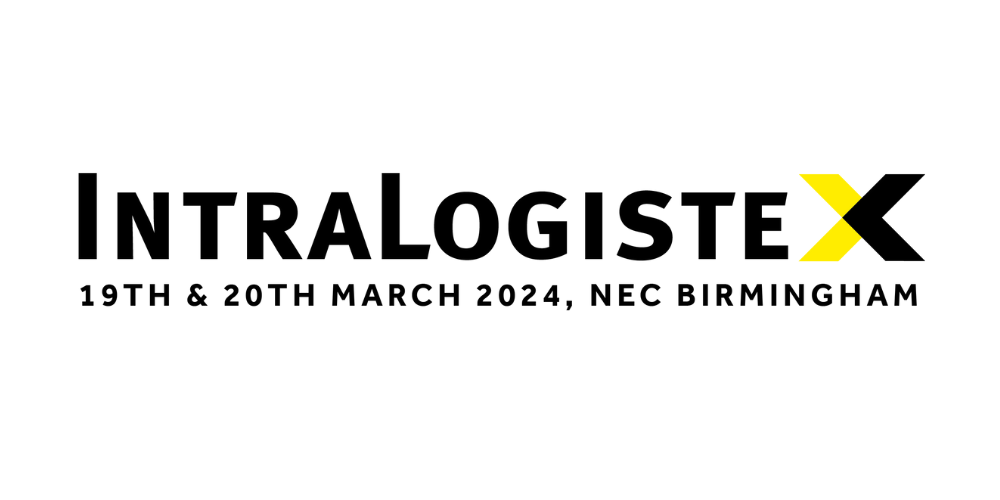Gasrec, which supplies gas to the road transport sector, has reported that demand for biomethane reached an all-time high for the company in June 2023.
It attributes this to the shift towards biogas and away from diesel as fleet operators attempt to decarbonise their fleets. Gasrec expects this trend to continue as orders of biogas-powered trucks are fulfilled and more of these vehicles hit the UK’s roads.
The company says that its sales of biomethane in June 2023 were up 250% compared to March 2020.
James Westcott, Chief Operating Officer at Gasrec, explains: “Fleets are under pressure from customers to decarbonise, and biomethane liquified natural gas (bio-LNG) is the most viable, readily-available solution – plus it’s suitable for longer-haul missions, with quick refuelling times.
“This year we’ve already opened three new refuelling facilities in Lutterworth, Fradley Park, and South Elmsall, increasing our network to 16 sites, and with three more due to be installed before the end of the year.
“[Biomethane is] significantly cheaper than diesel, meaning customers can save money whilst improving sustainability.”
According to Zemo Partnership’s Renewable Fuels Guide, published in July 2023, biomethane is “cheaper than diesel on a pence per mile basis, partly driven by the reduction in fuel duty”. This is not something that is expected to change anytime soon, with the Autumn Budget 2018 outlining that “the government will maintain the difference between alternative and main road fuel duty rates until 2032 to support the decarbonisation of the UK transport sector, subject to review in 2024”.
Despite lower fuel costs, the Renewable Fuels Guide notes that gas-powered HGVs tend to be around 25% more expensive to purchase and 20-25% more expensive to maintain than traditional diesel trucks. As such, fleet operators must weigh up if the switch to biomethane will deliver significant enough return on investment, both sustainably and financially, to warrant the investment.
Zemo Partnership estimates that approximately 2,000 gas HGVs in the UK operate on biomethane. John Lewis Partnership currently has around 400 biomethane-fuelled trucks and has committed to switching its entire fleet of HGVs to the biogas by 2028.
Logistics companies including XPO Logistics, UPS, Amazon, and Wincanton, as well as major retailers such as Aldi, Asda, Tesco, and Sainsbury’s, have also committed to operating biomethane HGVs.
The UK government has set a target of reaching net zero across all sectors of the economy by 2050, and alternative fuels like biomethane look set to play a significant part in reaching this goal.
The impact of decarbonising HGVs should not be underestimated, as data from the Department for Transport shows that the road transport sector is responsible for 24% of greenhouse gas (GHG) emissions in the UK, with heavy goods vehicles (HGVs) contributing to 19% of these emissions.
For more on alternative fuels and other ways in which the logistics industry is becoming more sustainable, check out this feature in the July issue of Logistics Manager Magazine!







